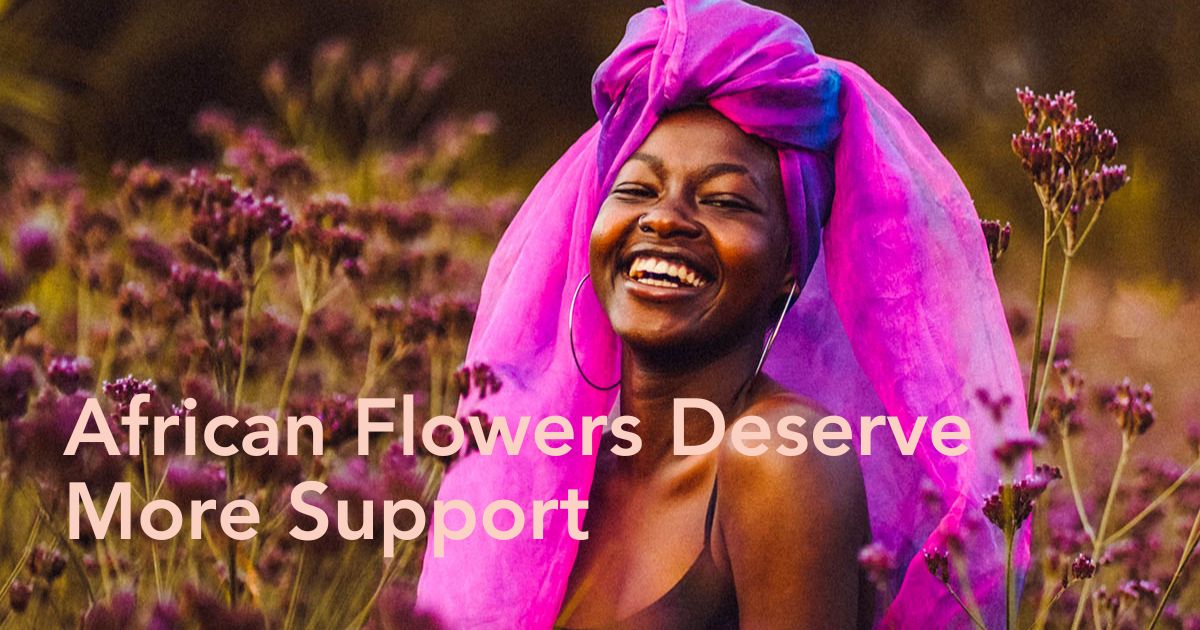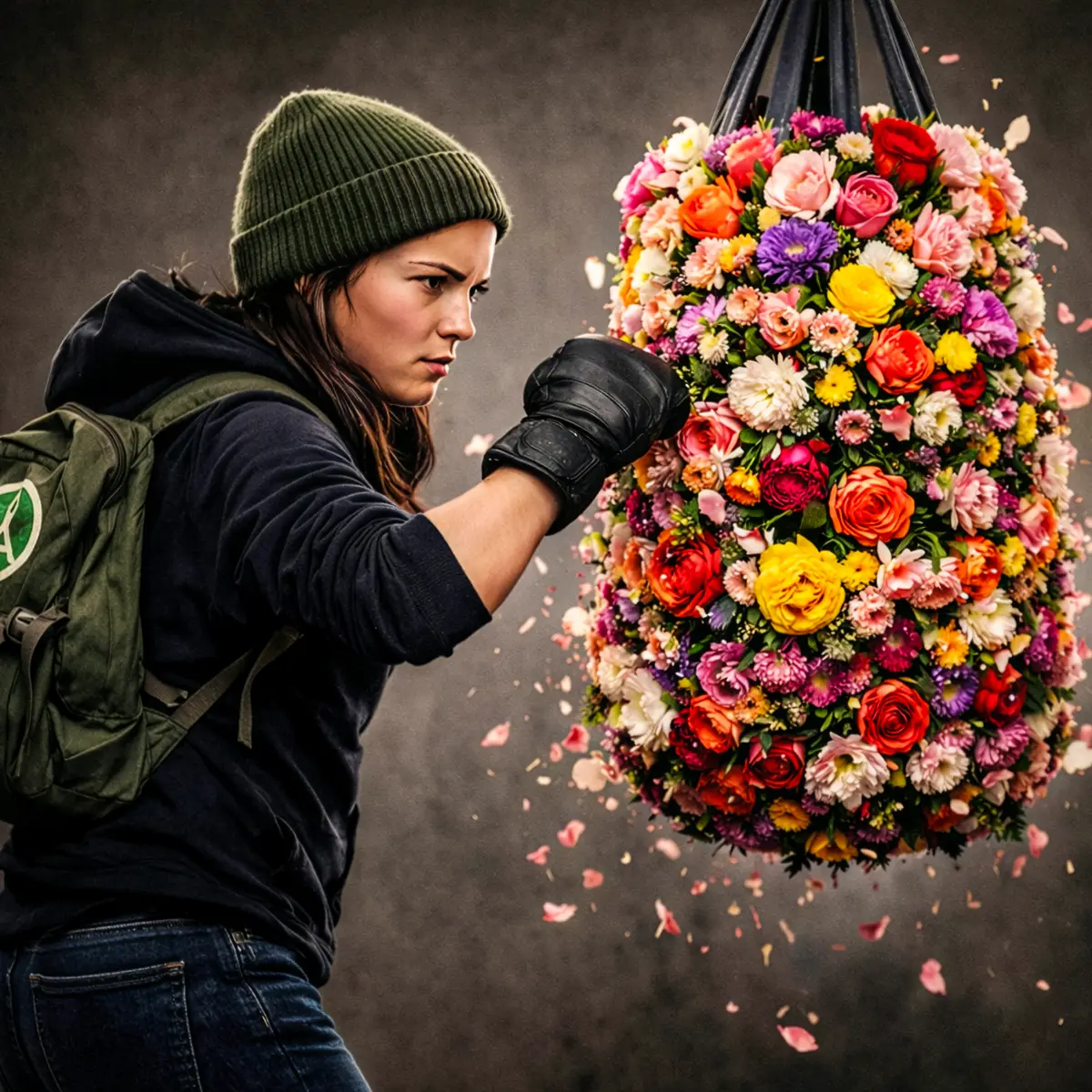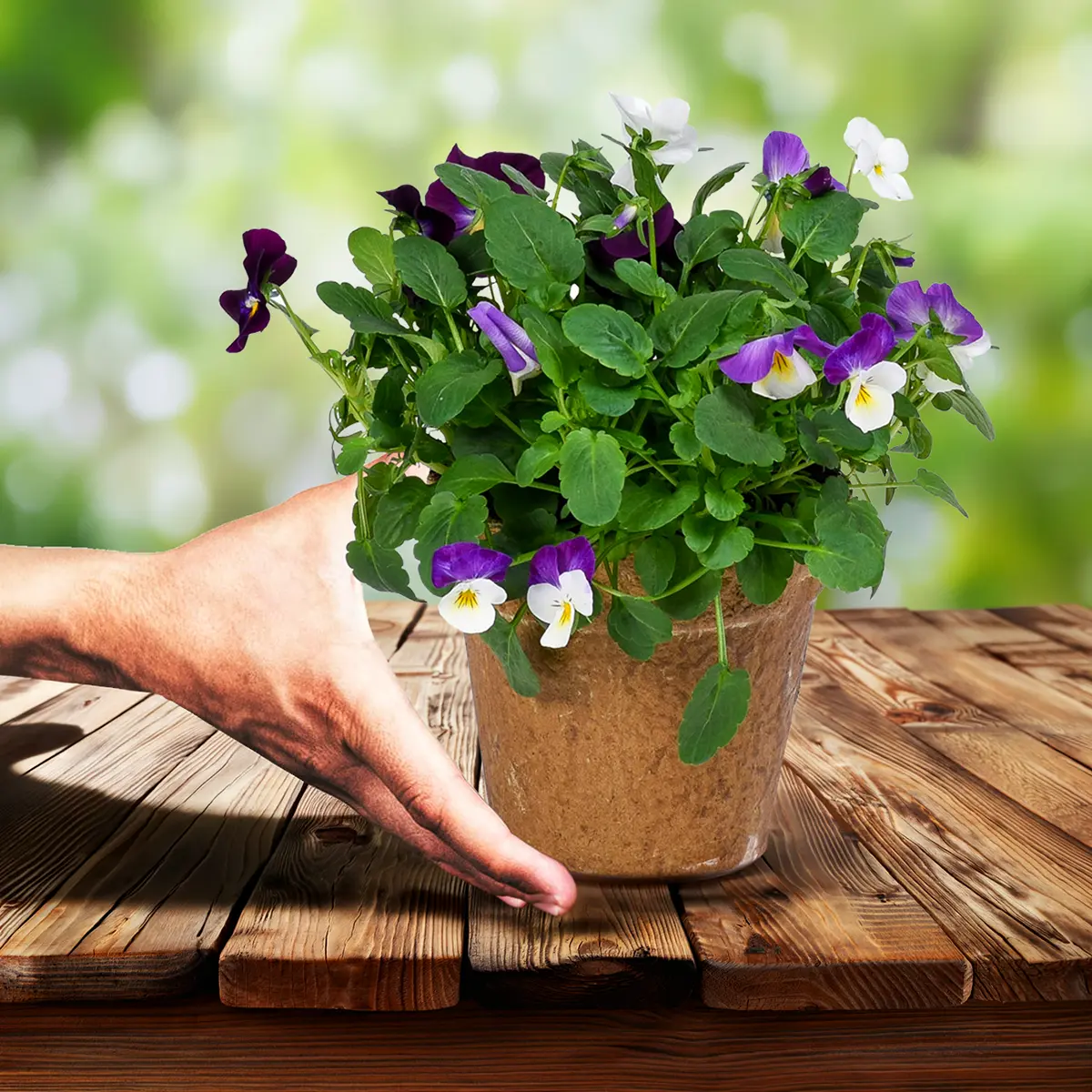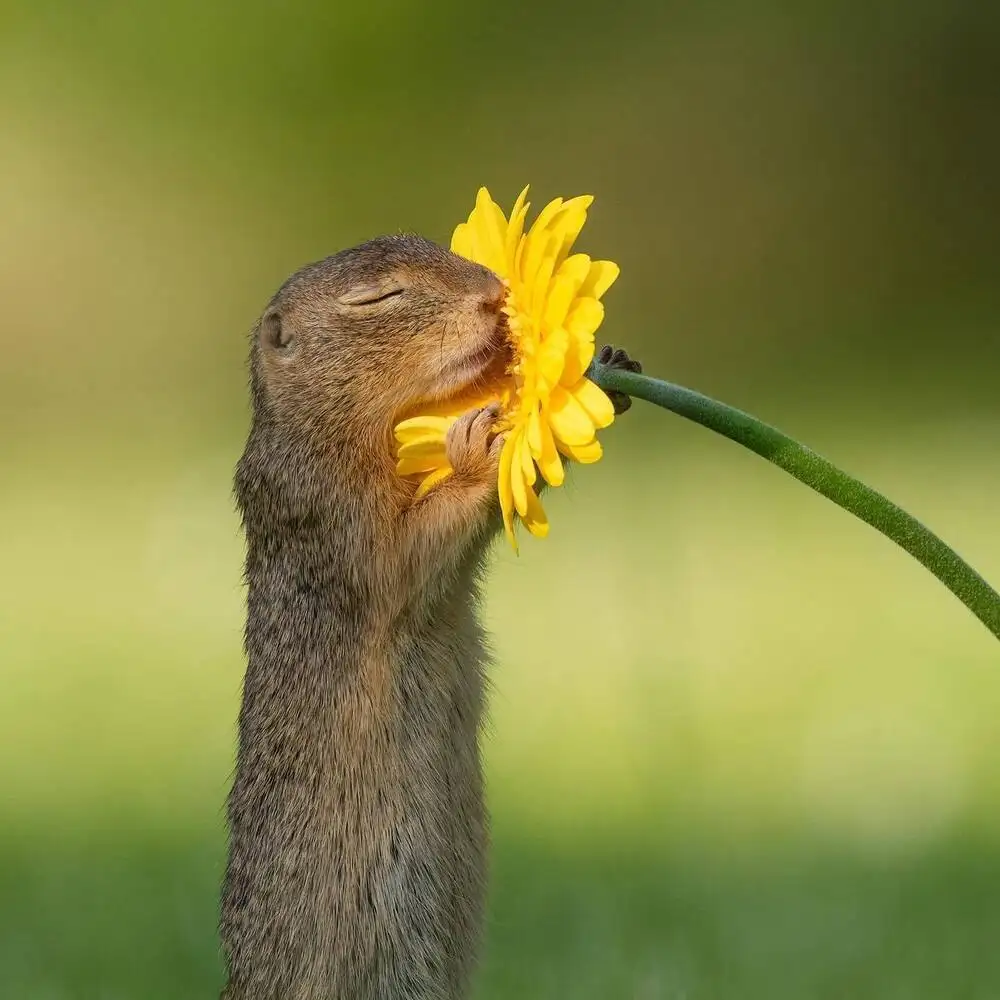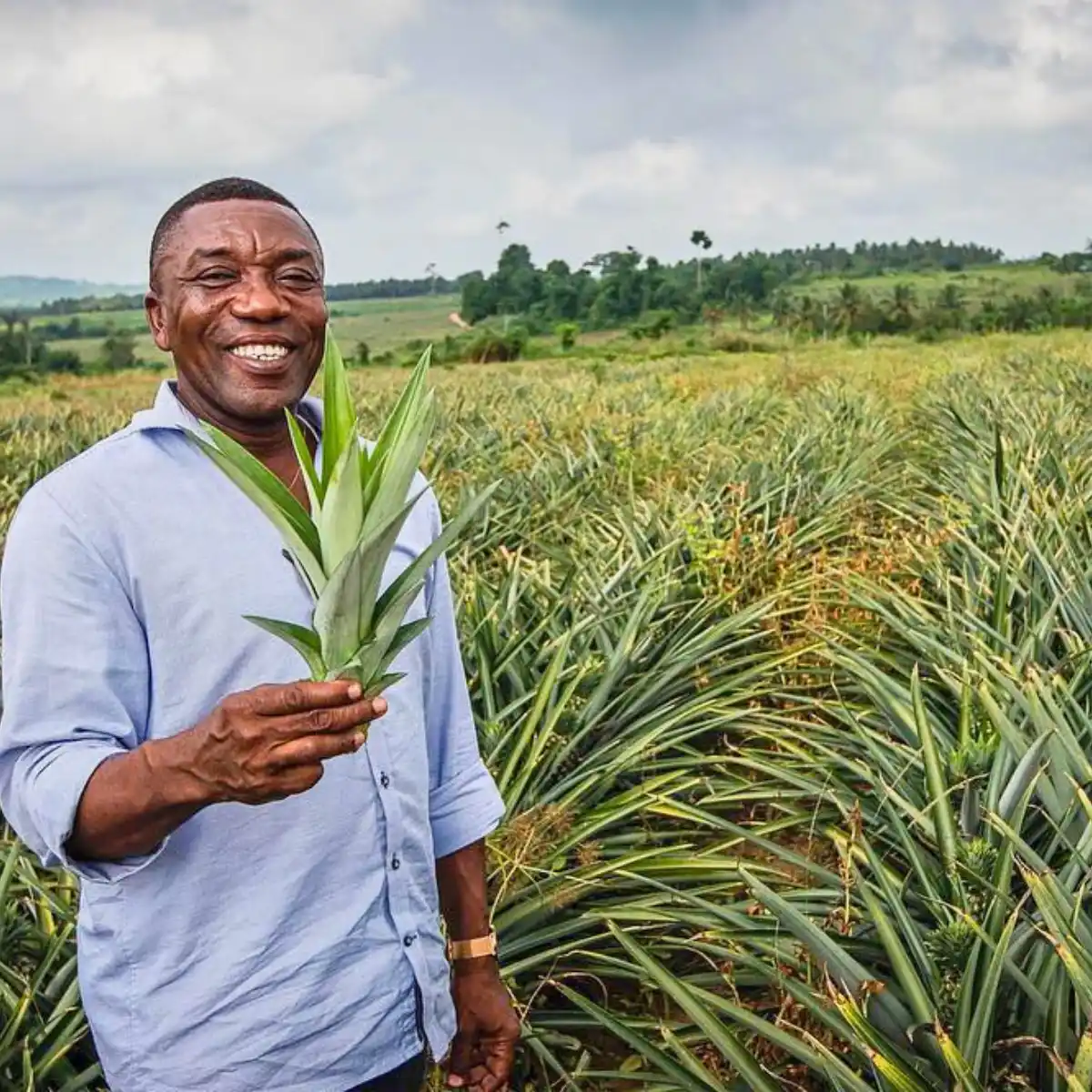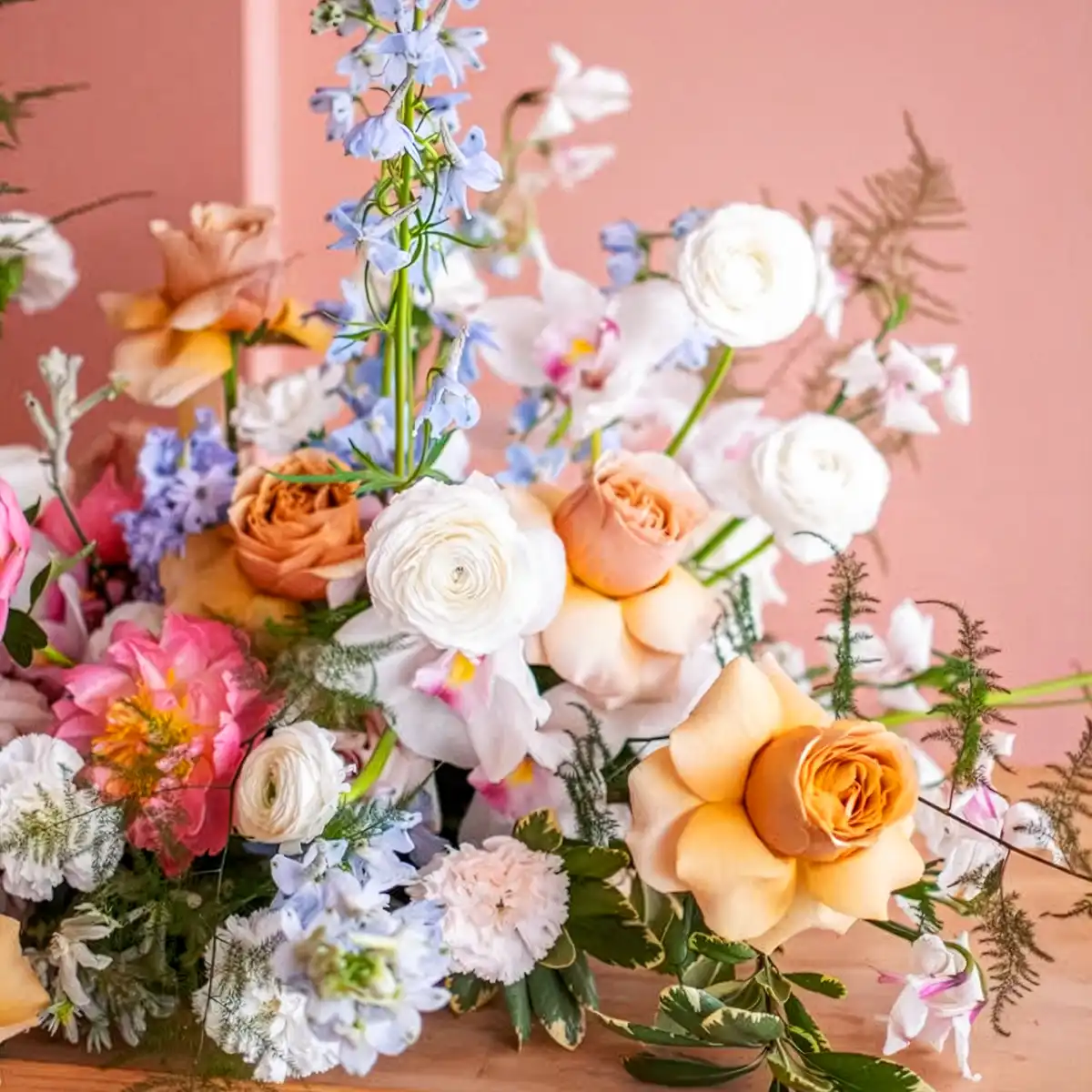By Arnold Wittkamp, CEO of Thursd.
"Do NOT buy flowers from Africa..."
To those who are quick to criticize African flowers, please take a moment to do some research and speak from facts, not assumptions. Words matter.
In today's floral world, it has become all too easy to throw around opinions about sustainability without understanding the bigger picture. Recently, parts of the French flower sector have called for reduced imports from Africa, citing environmental concerns. Well-meaning perhaps, but dangerously uninformed. The truth is, Africa’s floriculture industry is not just surviving—it’s leading in social and ecological sustainability. It's time we recognize the reality, not the rhetoric.
Setting the Record Straight About African Flowers and Sustainability
Africa is often unfairly targeted in discussions about sustainability. Yet Kenyan and Ethiopian flower farms are among the most socially and environmentally progressive in the world.
In Kenya, farms are at the forefront of responsible water use, thanks to initiatives by the Kenya Flower Council. Certifications such as Fairtrade, MPS, and Global Gap standards are the norm, not the exception. Farms like AQ Roses in Ethiopia and Marginpar in Kenya have redefined what sustainable floriculture can look like — with integrated water recycling, solar energy, and strong community programs supporting healthcare, education, and women’s empowerment.
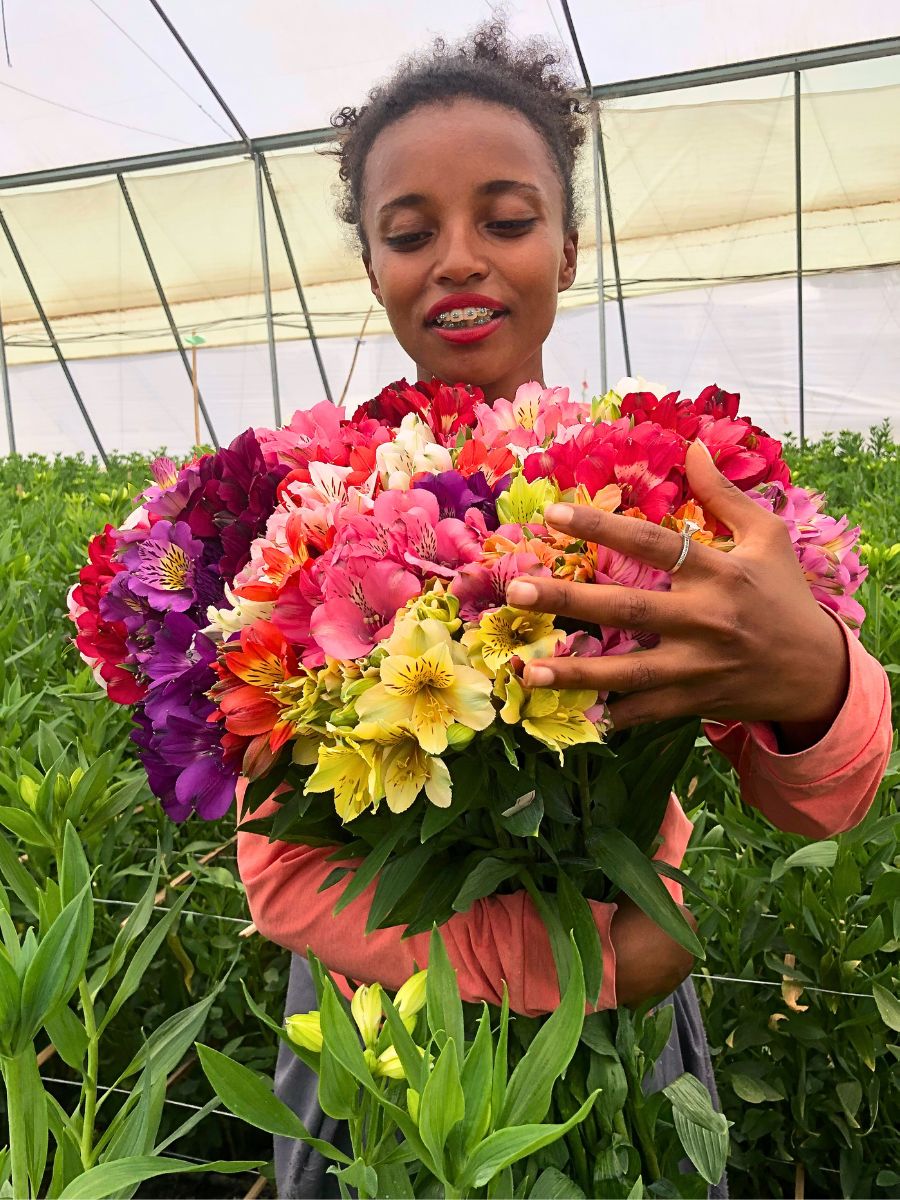
If sustainability means protecting natural resources and lifting up local communities, then African flowers are some of the most sustainable choices a florist can make.
Social Sustainability Done Right
The African floral industry supports the livelihoods of millions of people, both directly and indirectly. It’s about jobs, opportunities, dignity. As highlighted in recent Thursd articles, many African farms prioritize employee welfare, offering services such as free healthcare, childcare, educational scholarships, and empowerment programs for women.
Compare that to conditions in some other global industries, and you quickly see: these flowers are not just about beauty — they are about better futures.

Social sustainability is a key pillar of the new definition of sustainable floriculture. Flowers from Africa are deeply rooted in this commitment, growing not only roses and other flowers, but also stronger, more resilient societies.
Why the Situation in France Should Worry Us All
In March 2025, parts of the French flower sector demanded a reduction in imported flowers, framing it as an "environmental duty." While protecting local growers is understandable, using false environmental claims against African imports is a dangerous tactic.
Africa is not the problem. Poorly informed discussions are.
Flowers flown from Kenya to Europe often have a lower total carbon footprint than flowers grown in heated greenhouses closer to home. Life Cycle Analyses (LCAs) show that African-grown flowers, despite air freight, can still be more energy-efficient because they grow naturally under the sun.
Words matter. Bad narratives travel fast — and can harm industries and communities that deserve our support.
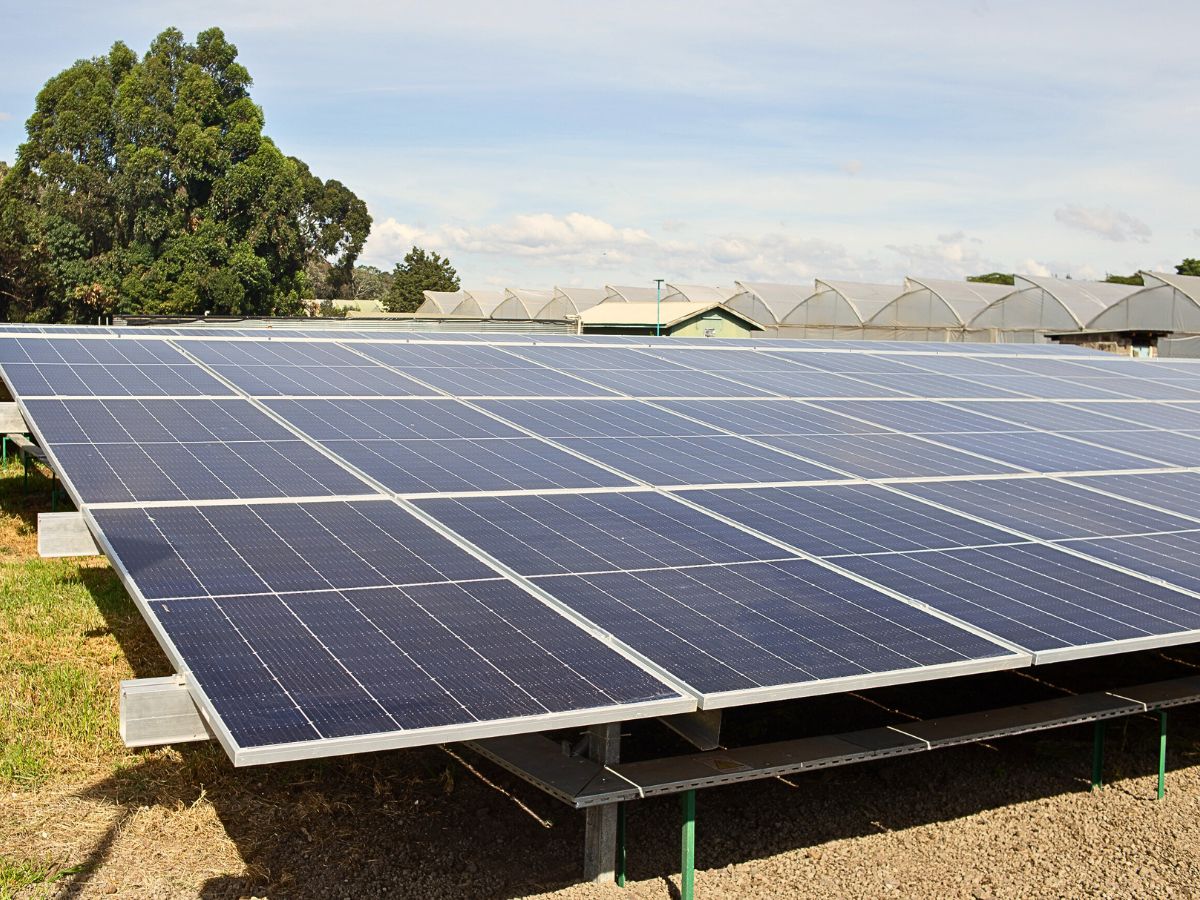
African Flowers Bring the World Joy
Let's not forget the core of our industry: flowers bring happiness to people. Science confirms it: simply looking at flowers and plants boosts emotional well-being. In a world that needs more positivity, African flowers are part of the solution.
They are the roses at weddings, the carnations at Mother's Day, the summer flowers at hospital bedsides. They bring color, life, and happiness to millions in a sustainable way.
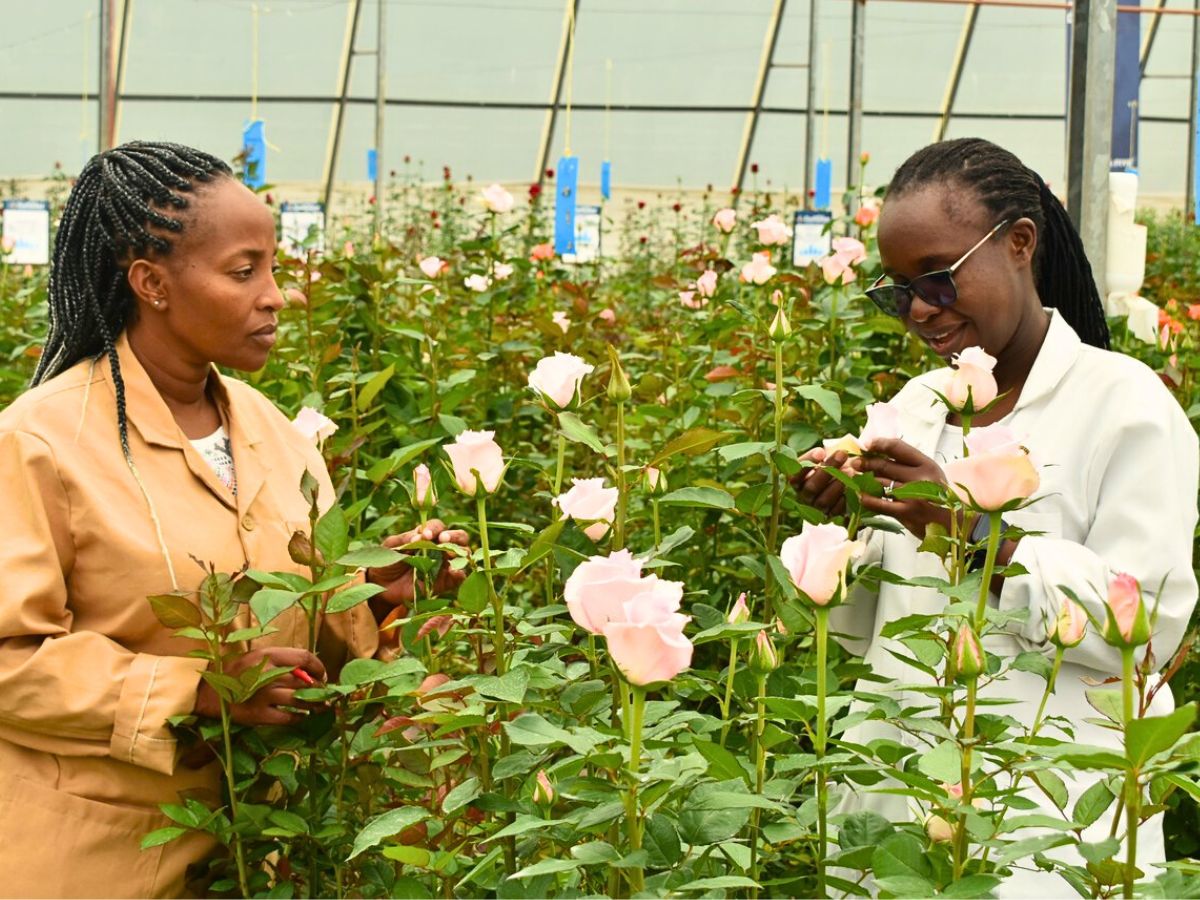
A Conscious Choice for the Future
Florists, wholesalers, and consumers must move beyond outdated stereotypes. African flowers represent modern, responsible floriculture. Choosing them is not just an economic decision — it is a conscious act of supporting sustainability, equality, and happiness worldwide. In a recent show on UK Health Radio, David Beck, a researcher who has spent nearly two decades studying global floriculture, also shares his insights on this topic, concluding that African flower production, particularly in Kenya and Ethiopia, plays a vital economic and social role, and that the real challenge is improving transparency and sustainability — not withdrawing support.
In the end, the question isn’t, “Should we buy flowers from Africa?”
It’s: “How can we not?”
Editor's note: This article was first published in the BFA magazine in April 2025. Header and feature image by Zac Wolff from Unsplash.

